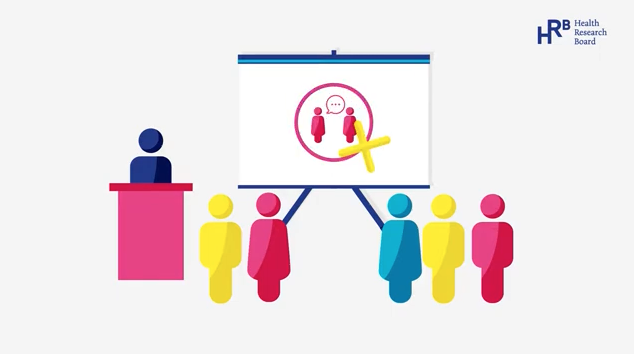Written peer review
The process of reviewing applications for funding is broadly similar across schemes, although details vary. Conflict of interest rules governing reviewers and panel members are strictly adhered to.
For most funding schemes HRB staff aims to secure reviews from experts in the area and the methodology of the proposed research. These experts are based outside of Ireland. Depending on the scheme, the HRB may also seek input from other stakeholders. Reviewers are asked to highlight the strengths and the weaknesses of the application relative to the assessment criteria of the scheme, and to provide a score. The outcome of this process may be used to shortlist applications that are then submitted for further review to an international review panel. In other schemes the shortlisting process may be carried out by a panel.
Shortlisted applicants have a time-limited opportunity to respond to these reviews, and the response will be brought to the panel’s attention.
Public review
For most scheme, the HRB receives written feedback on the quality of Patient and Public Involvement (PPI) in grant applications received from public reviewers. Reviews are written from the perspective of the reviewer as a member of the public or informed by their knowledge and experience as a patient, carer and/or user of health and social care services. This is in addition to feedback on the scientific aspects from international peer-reviewers.
Applicants have a time-limited opportunity to respond to these reviews, and the response will be brought to the panel’s attention.


